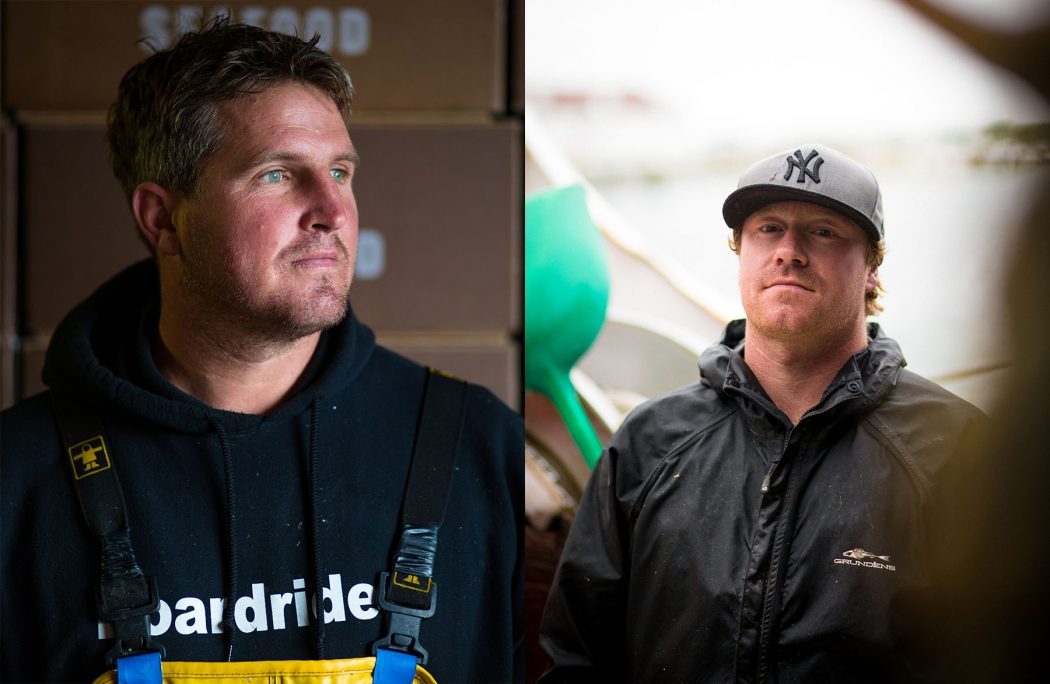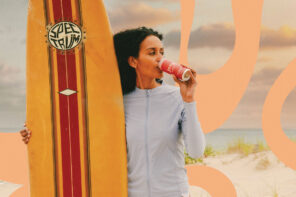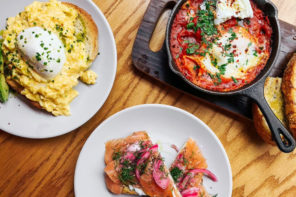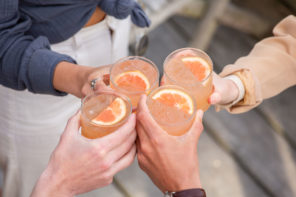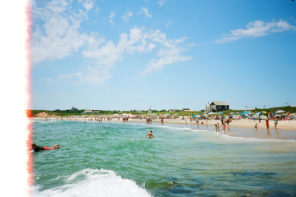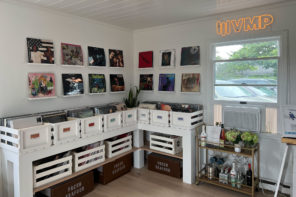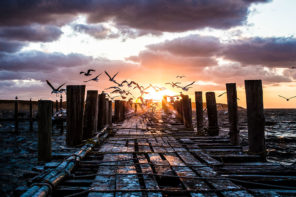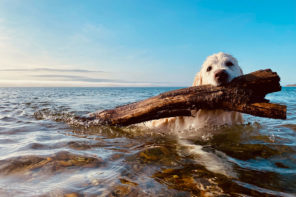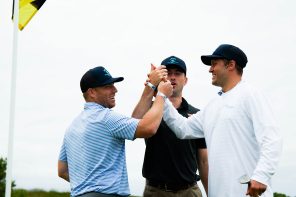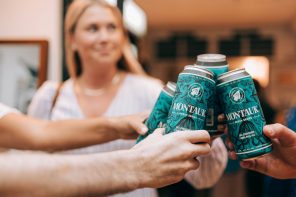Good ol’ Montauk, NY. A quaint drinking village with a fishing problem. Winter population of a few thousand or less. Summer population around tens of thousands or more. The ebbs and flows of the population growth have been fluctuating since the days of Carl Fisher in the 1930s. What has been consistent during the decades since has been the hardworking, blue-collar commercial fishing community.
Many have been attracted to Montauk because of the benefits this industry can provide, but it’s not for the faint of heart or anyone that lacks perseverance. I was recently fortunate enough to have a few of the local commercial fisherman allow me on their boats and tell me a few stories about their times on the sea. Before you jump, I’d like to say thank you to the men and women of the Montauk commercial fishing industry and the families that support them.
Charlie Weimar | F/V Rianda S.
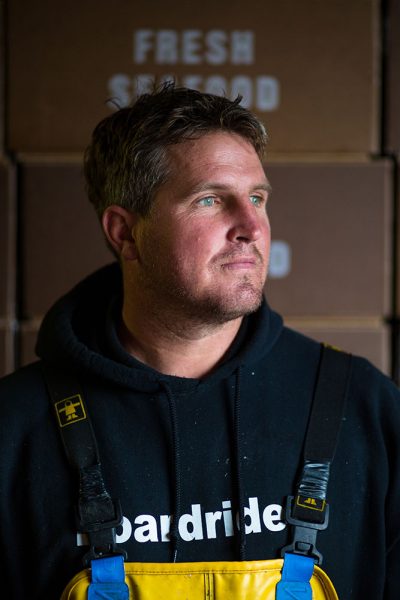
Charlie Weimar. Photo: Grant Monahan
GM: How long have you been a commercial fisherman?
CW: I ran the boat for thirteen years, since I was 23. Before that, I probably worked deck for about five years.
GM: What made you become a commercial fisherman?
CW: My family and my father, Chuck.
Eat local; it is fresher, too!
GM: What one thing should the everyday person should know about commercial fishing?
CW: 80 percent of the fish we eat in the United States is illegally caught—unreported fish imported from other countries. Everything we catch is legal and reported. Eat local; it is fresher, too!
Nick Joeckel | F/V Rianda S.
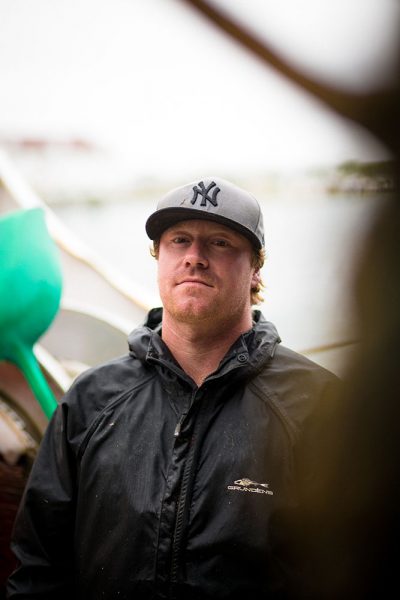
Nick Joeckel. Photo: Grant Monahan
GM: What do you like the most about commercial fishing—your favorite story or memory?
NJ: We were out fishing a few year ago, and it was when John Aldridge “Johnny Load” fell off the Anna Mary. We were in the area so Charlie and I joined the search. I was up in the crow’s nest of the boat for six to eight hours that day; it was really stressful. Charlie was on the phone all day with the Coast Guard and little Anthony. By the end of the day the hopes of Load surviving were diminishing, then the Coast Guard finally found him. That was my best memory, the whole community coming together and doing the search, and having such a good outcome.
GM: What is your scariest moment while out at sea fishing?
NJ: The worst days are probably when you are offshore in the brutal cold with snow, ice, and really rough seas. You just know your family is at home all nice and warm. That or missing waves, which doesn’t happen often, but when it does it always stings.
Anything can break, go wrong, people can fall overboard. You could break a bone or get hurt in a heartbeat and be 80 miles offshore with no one around.
GM: What one thing should the everyday person should know about commercial fishing?
NJ: It is a lot of hard work just to bring food home to the Northeast, your community, and family. It’s is not an easy job. Probably some of the longest hours of any job. When you’re not out fishing you’re doing dock work. Also, the dangerous aspect, anything can happen at any time. Anything can break, go wrong, people can fall overboard. You could break a bone or get hurt in a heartbeat and be 80 miles offshore with no one around. It is not just going outside the jetties and casting a pole, it is really serious stuff, life-threatening at times.
As featured in the 2017 Water Issue of Whalebone Magazine, out now.

